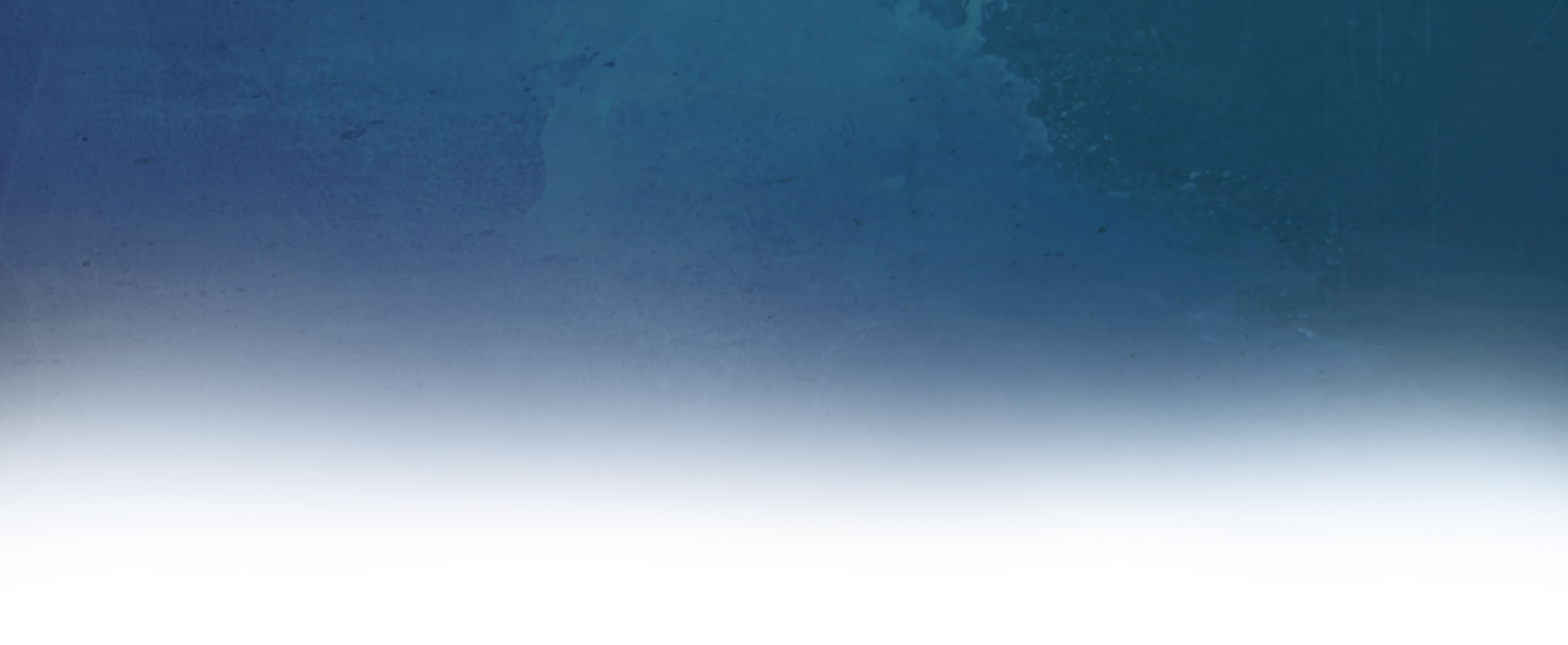January 31, 2021
Genesis 3
What has gone wrong with the world?
Genesis has much to teach us about who God is and who we are as his image bearers. Chapter 3 describes the tragic introduction of sin into the world through the rebellion of Adam and Eve. They listened and obeyed the word of the Serpent above the word of God. This chapter reveals the absurdity and disintegrating effects of sin, but more than that, we witness God’s plan of redemption set into motion.

